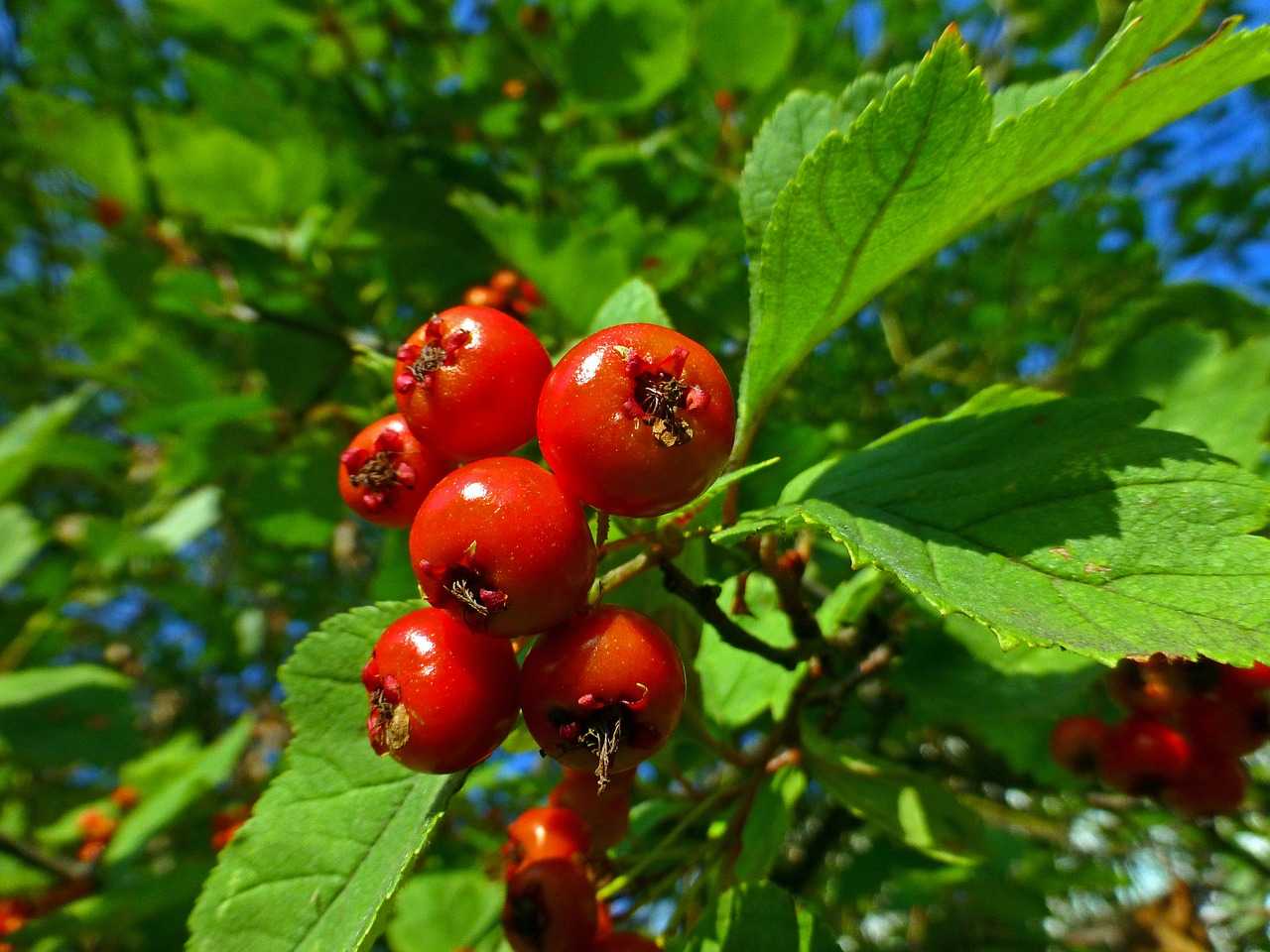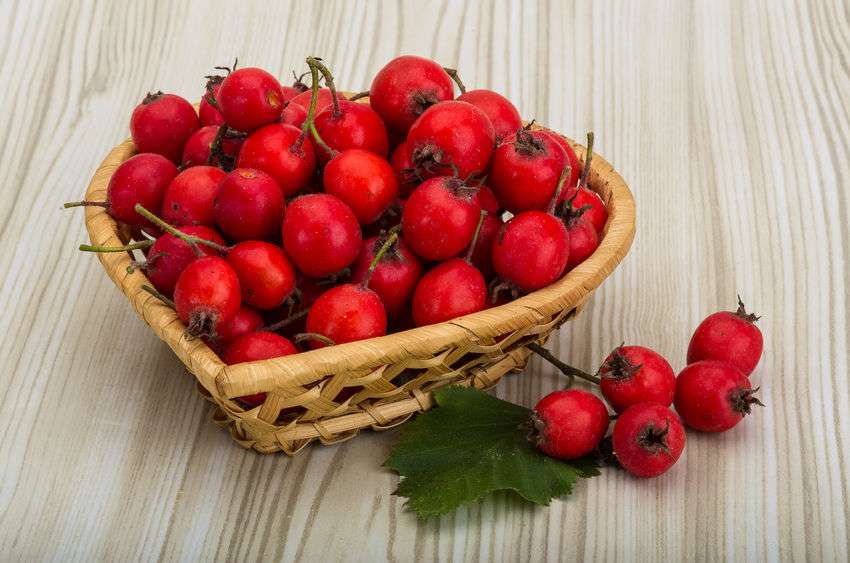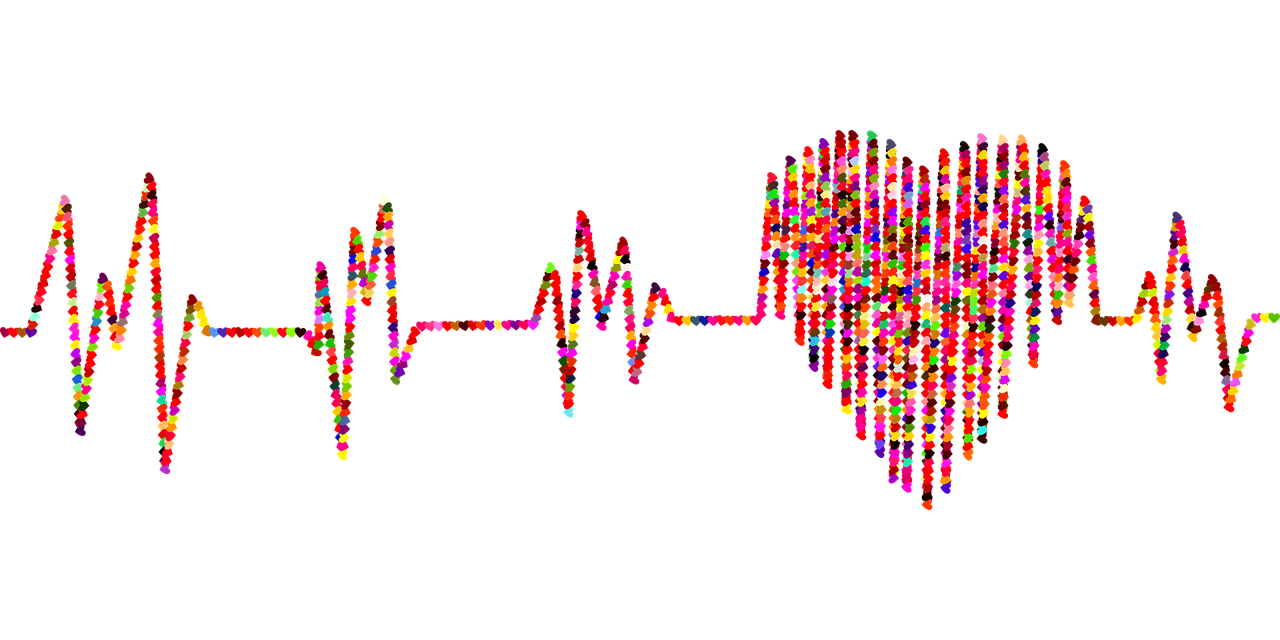
Ever heard of the hawthorn berry? Or maybe the “heart herb?”
It’s not as well-known as other berries like blue, black and straw, however, hawthorn has been used as a digestive aid in traditional Chinese medicine for centuries, and Native American tribes not only enjoyed eating them but they used hawthorn to treat heart troubles and gastrointestinal complaints. 
How did the hawthorn become “the heart herb?”
It’s because of its various cardio-protective abilities. Various cultures have used Hawthorn berry for centuries as a natural remedy for all kinds of serious heart concerns. These include angina, high blood pressure, hardening of the arteries, irregular heartbeat, and even congestive heart failure.
Why are hawthorn berries considered to be so medicinal?
Hawthorn fruit comes in the form of little red berries. Dried haws or berries, green stems, flowers, and leaves are the parts of the plants that are used. Occasionally the bark has been used as herbal medicine.
One reason may be their numerous flavonoids. Flavonoids are potent antioxidants known to effectively decrease inflammation while boosting immune function. The leaves, flowers, and berries of hawthorn contain an abundance of phytonutrients (antioxidants). The phytonutrients of the hawthorn plant appear to be the key to the way it helps your heart. It's thought to be particularly valuable in the early stages of heart disease, from improving blood flow to the blood vessels around your heart and brain, to increasing tolerance to the heart muscle due to a lack of oxygen.
The Latin name Crataegus, for the hawthorn tree or shrub is from the Greek kratos "strength" and akis "sharp", referring to the thorns of some species. The name haw, originally an Old English term for hedge, applies to the fruit. Crataegus is a large genus of plants that belong to the rose family (Rosaceae). In addition to being known as hawthorn, it is called mayblossom, hedgethorn, maybush, mayflower, and whitethorn.
“Hawthorn has been shown to improve heart function, shortness of breath, palpitations, and exercise tolerance in people with heart failure. Hawthorn is a fruit extract that has been used as a digestive aid in traditional Chinese medicine for centuries. Scientists think that hawthorn extract causes dilation of the smooth muscle that lines coronary arteries, thereby increasing blood flow to the heart. Hawthorn is also thought to increase heart muscle contraction, heart rate, nerve transmission, and heart muscle irritability.” (1)

The hawthorn herb is loaded with beneficial compounds and nutrients.
These compounds have been shown to really boost heart health. Here are just some of the many chemical compounds and nutrients found in Hawthorn: Flavonoids, Quercetin, Rutin, Choline, Acetylcholine, Chlorogenic acid, Caffeic acid, Vitamins B1, B2 and C, Iron, Calcium and Phosphorus.
Hawthorn berry is considered to have antioxidant, astringent, antispasmodic, cardiotonic, carminative, diuretic, sedative, stimulant, and vasodilator properties.
Hawthorn Berry may be used as a treatment for the following health benefits:
• Ailments related to the heart and blood vessels
• Controlling blood pressure
• Helping to relieve anxiety
• Interacting with gut flora to improve digestion.
• Assisting the digestive process
• Helping with constipation, bloating and cramping.
• Eliminating intestinal infections
• Helping to reduce itching on healing wounds or from other skin conditions such as eczema or psoriasis.
• Lowering Cholesterol levels
• Increasing energy or alertness
• Antioxidative benefits
• Improving memory
If you'd like to check out some products that contain hawthorn berry, please visit these links:
Pressu Norm by Professional Botanicals
Cardio+CoQ by Professional Botanicals
Sugar Metabolizer by Professional Botanicals
Interesting fact:
There’s an old saying in Scotland: "Ne'er cast a cloot til Mey's oot."
(Meaning, don't start removing layers of clothing before the summer has fully arrived and the Mayflowers (hawthorn blossoms) are in full bloom!)

_______________________________________________________________________________________________
Note: The content of this article, and additional content on this website, are for informational purposes only and are not intended to be a substitute for professional medical advice, diagnosis, or treatment. Always seek the advice of a physician or other qualified health provider with any questions you may have regarding a medical condition. Never disregard professional medical advice or delay in seeking help because of something you read here on this website.



